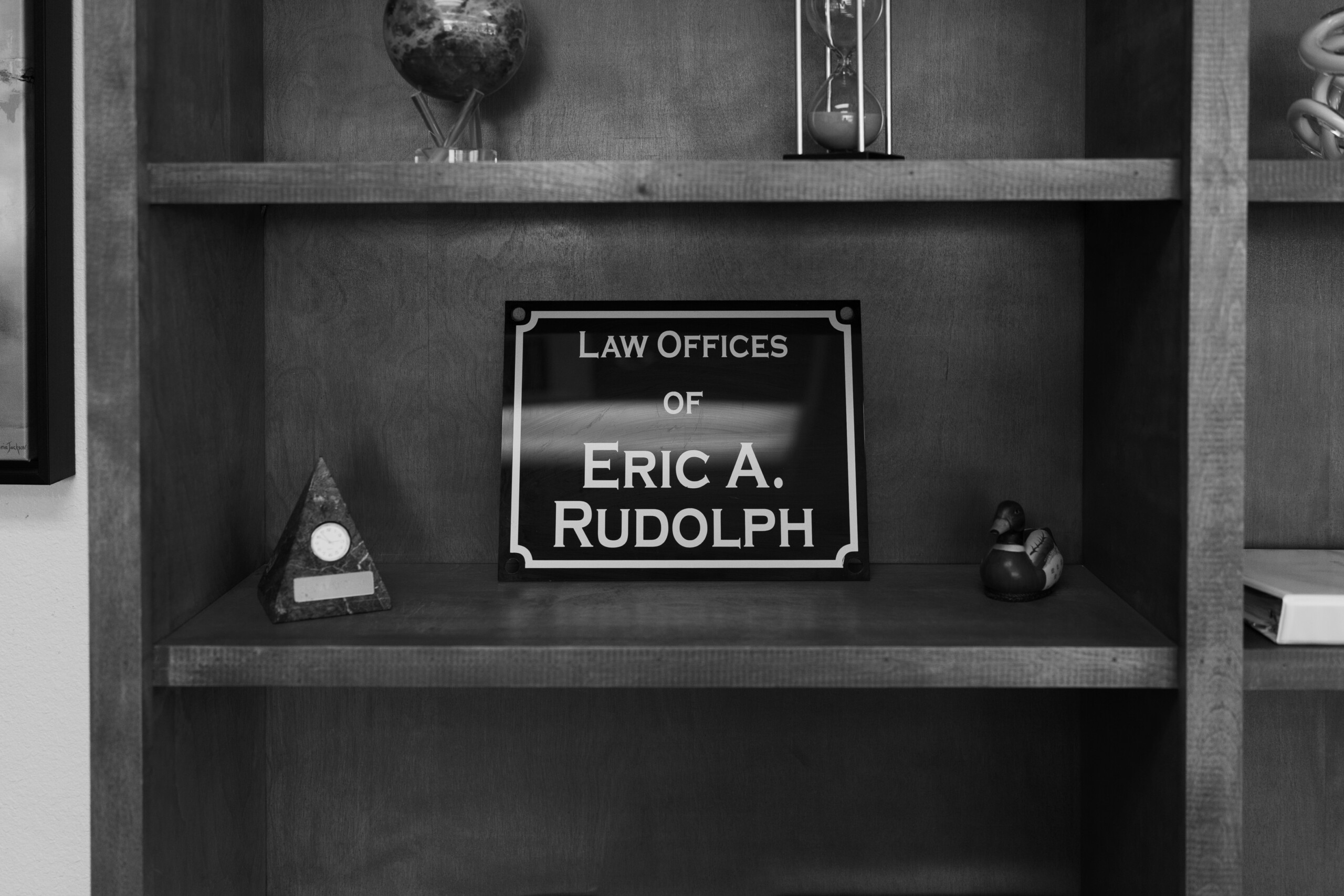Many of us are conducting business on the Internet, including online banking, shopping on Amazon, uploading files to the “cloud,” posting videos on YouTube, or communicating on Facebook or Instagram.
What happens to your accounts and files when you become incapacitated or pass away? Will your family have access to them? Where will they find your usernames and passwords? Who can take down your Facebook and Instagram pages, or would you prefer that they continue for posterity? And if you’ve saved photos, videos and other files to the cloud, who should have access to them and for how long?
These are questions almost everyone needs to think about and they raise difficult security and legal issues. For example, if you become incapacitated and your daughter starts handling your finances online, is she doing so legally? Presumably you’ve given her authority to do so, but the bank may not have a durable power of attorney on file with this authorization. As far as the bank knows, you’re still the person logging in and paying your bills. Is this fraud on the bank?
What if you pass away and your child, rather than notifying the financial institutions, continues to pay bills online and make distributions to family members? This is likely contrary to the law, but it could be more convenient than going through the probate process. Is this “no harm, no foul”? Or is this illegal?
Some states have enacted laws giving executors access to online accounts. In addition, every Internet provider has its own rules about access to accounts, and generally users have agreed to these rules when they first enrolled, whether they actually read the service agreement or not.
Here are some steps you can all take to better manage our digital assets:
- Inventory Your Digital Estate
Make a list of all of your online accounts, including e-mail, financial accounts, Facebook, Instagram, and anywhere else you conduct business or communicate online. Include your username and password for each account. Also, include access information for your digital devices, including smartphones and computers. - Store the List in a Safe Place
There are a number of options for where you and your representatives can store a list, each with its own problems. If you have the list on paper, someone who you don’t trust might discover it and gain access. In each case, your representative needs to know where this list is and how to gain access. If you keep the list online, make sure you do so securely. You can upload the file to Dropbox, giving your representative access, or use one of a number of online services for this purpose. - Give Access to Your Personal Representatives
Once you have your inventory, you will need to provide it to the people who will step in if you become incapacitated or pass away, or let them know how to find it. Make sure that they save the information as securely as you have. - Authorizing Language in your Estate Planning Documents
Make sure your agent under your Durable Power of Attorney, your Successor Trustee of your Living Trust, and your Executor named in your Last Will have authority to deal with your online accounts. - Update the Inventory
As you open new accounts, purchase new devices, and change usernames and passwords, you will have to update your list so that it remains current.
As the Internet makes our lives easier, it also makes it more complicated. We all need to take steps to make sure that our loved ones have the necessary access to our digital assets when needed.
Digital Assets and Estate Planning Services
For more information on digital assets and your estate plan, contact Estate Planning Attorney, Eric A. Rudolph, at (760) 673-7600 or schedule an estate planning consultation.







